Set on the pristine shores and the blue waters of Lake Victoria, is Tanzania’s second largest city, Mwanza; fondly known to the locals as “The Rock City.”
But, underlying the good-looking and naturally carved rocks by the shores for which Mwanza is well known, is problem that almost goes unnoticed—Street children.
The existence of these street children has grown in leaps and bounds following rapid urbanization and growth of towns.
This has been occasioned by the availability of mobile workstations such as car washing, hawking, selling scrap metals, soliciting for subsistence money and so on.
Read: The plight of Mwanza street children
To those inclined to the touristic values and benefits that the city brings, this is undoubtedly an “eyesore.”
Well, at the moment there exists no clear history as to who is responsible for this situation, but what is known for sure is that, the problem lies squarely on the shoulders of all the inhabitants of the city and the citizenry at large.
The street children engage in these activities not by choice but out of necessity. It is through these income-generating activities that majority of them and their families derive livelihoods.
As it has been observed in several studies from different countries [1, 2], the children’s street lifestyle makes them vulnerable to a wide range of health problems including communicable diseases.
Read: When street children go untreated during illness
However due to poverty, ignorance, lack of coordinated healthcare services and lack of the supervision of responsible adults, most of them do not seek necessary medical attention.
With a population of 706,453, Mwanza city is estimated to host 300 street children.
In the year 2015, Tanzania Rural Health Movement (TRHM), a health organization operating in Mwanza launched the street healthcare camps after being concerned with the health and welfare of these impoverished children.
Through the healthcare camps, a total of 226 children were attended to and examined to identify health problems facing them. The children were found to be aged between 7 and 17 years and about 70 per cent did not have formal education.
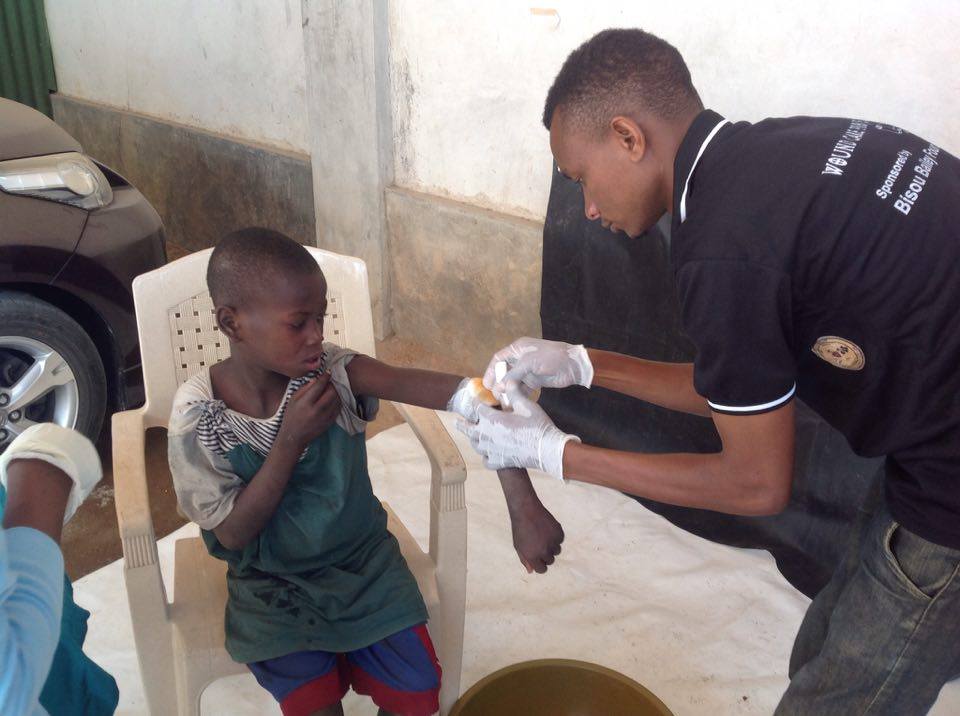
Out of the 226 children, 73 (32.3 per cent) abused drugs of whom 49.2 per cent (36/73) smoked cigarette, 47.9% (35/73) used marijuana and 2.7 per cent (2/73) sniffed glue.
Approximately, half of the attended children had wounds of which 80 per cent were due to trauma; including road traffic accidents. Only 10 per cent of the wounded children received tetanus toxoid vaccination.
Varieties of bacteria were found to grow on the wounds. The most isolated bacteria were Staphylococcus aureus.
Encounter with a rare case of infection
Notably, one child had wound infection caused by a rare bacterium known as Achromobacter animicus
This being the first case of wound infection worldwide whereby the isolate was multidrug-resistant (resistant to more than three classes of antimicrobials of choice), clinicians were left with limited and expensive treatment options.
The children were therefore not spared by the ever-growing burden of antimicrobial resistance globally, as evidenced by a further study. This revealed that 32 per cent of the children were carriers of superbugs in their intestines [4].
This finding signifies a worrying trend. In this case, the bacteria had colonized the intestines, meaning that there was potential of causing further infections.
The fact that the bacteria were now being carried in the intestines, moreover, the multidrug-resistant strains, is a matter of public health concern. Thus is because it points to the possibility of having untreatable common infections like Urinary Tract Infections (UTIs) because of the very expensive treatment options like meropenem which by all means is beyond reach for the many poor children.
What is the action plan?
After assessing the magnitude of the problem and the need, the Tanzania Rural Health Movement started free wound care camps http://tanzaniaruralhealth.info/ourtrendingprojects/ as a way of ensuring the children receive a proper wound care management and education.
Read: Rural doctors: How we save the wounded, traumatized children in Mwanza streets
Since the accidents encountered were as a result of the children’s mobility in their day-to-day lives, out of necessity and urgency, TRHM established the Mkombozi project, with the aim of providing vocational training for them.
This would help empower them through selling sewed products as an income generating initiative, meaning that they would now spend less time on the streets.
But our efforts alone cannot be the ultimate answer to the problem. With reference to these activities, it is binding on the side of the Mwanza city administration and the government at large, to step in and address the plight of these impoverished children.
As a starting point, coordinated healthcare activities should be organized and made accessible to these children. Treatment and preventive options like tetanus toxoid vaccines should be made available to children at no cost.
Further, there should be strategies on ways of instilling interest in education and re-enrolling them in schools. With this on course to be achieved, additional action programs should be initiated and implemented.
Let us joint hands and make Mwanza great. In the words of St. Antoine Exupèry, we only achieve perfection not when there is nothing to add but when there is nothing to take away. Let us strive to achieve “perfection” where our children are concerned, let us take them away from the streets.
References
Ali M, De Muynck A: Illness incidence and health seeking behaviour among street children in Rawalpindi and Islamabad, Pakistan–a qualitative study. Child: care, health and development 2005, 31(5):525-532.
Aptekar L: Street children in the developing world: A review of their condition. Cross-Cultural Research 1994, 28(3):195-224.
Moremi N, Claus H, Hingi M, Vogel U, Mshana SE: Multidrug-resistant Achromobacter animicus causing wound infection in a street child in Mwanza, Tanzania. Diagnostic Microbiology and Infectious Disease 2017, 88(1):58-61.
Moremi N, Claus H, Vogel U, Mshana SE: Faecal carriage of CTX-M extended-spectrum beta-lactamase-producing Enterobacteriaceae among street children dwelling in Mwanza city, Tanzania. PloS one 2017, 12(9):e0184592.

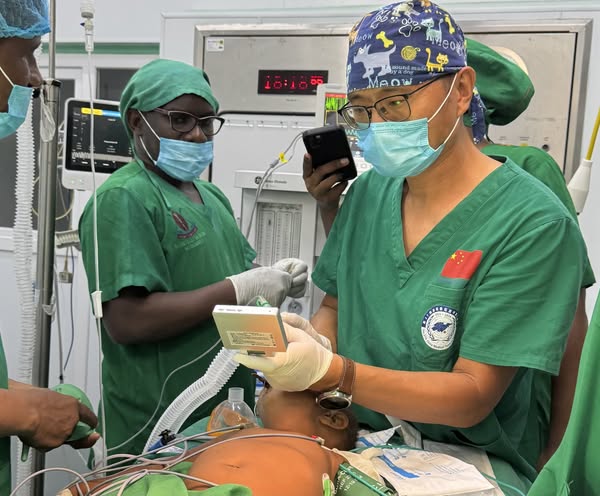
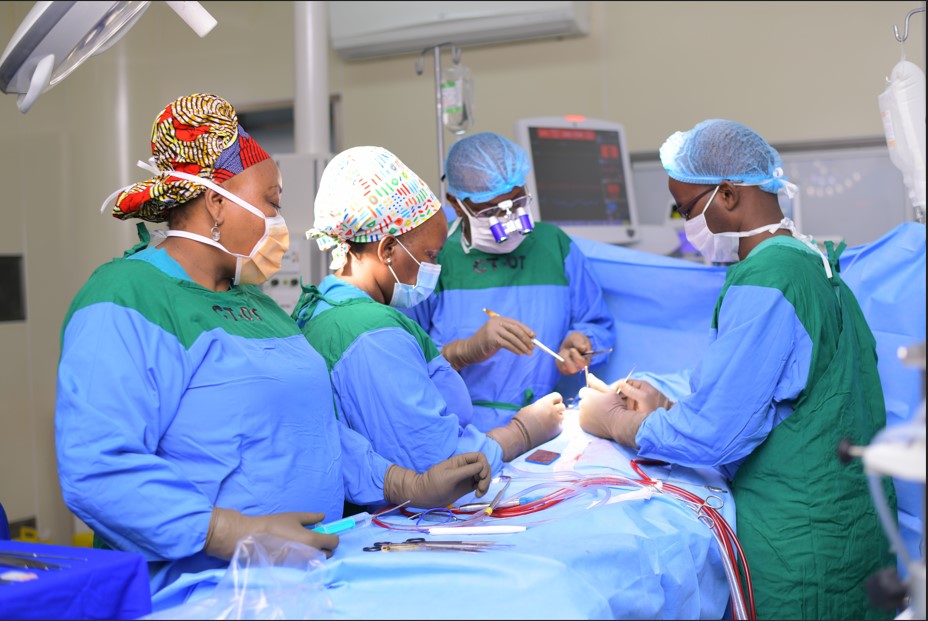
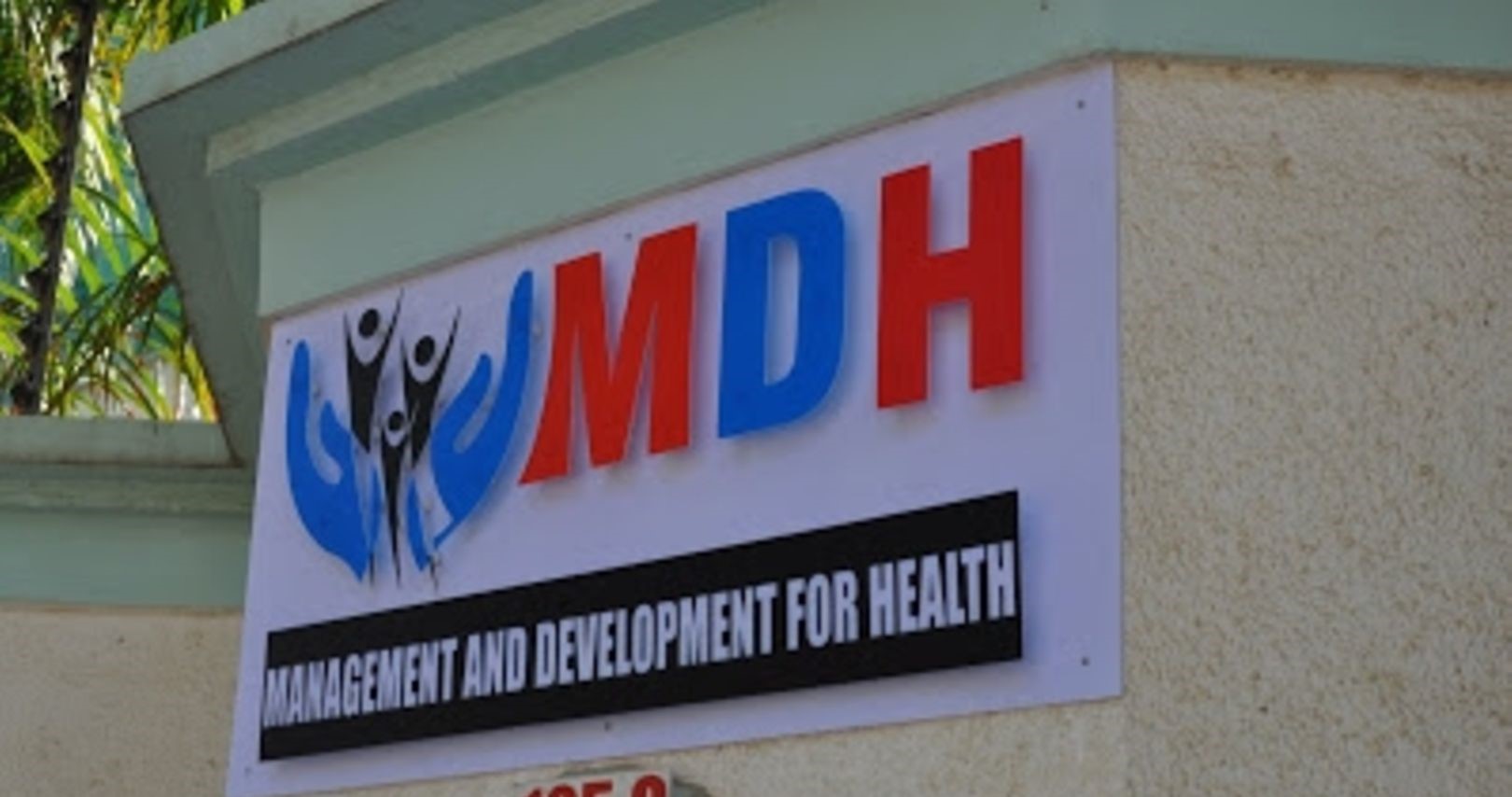


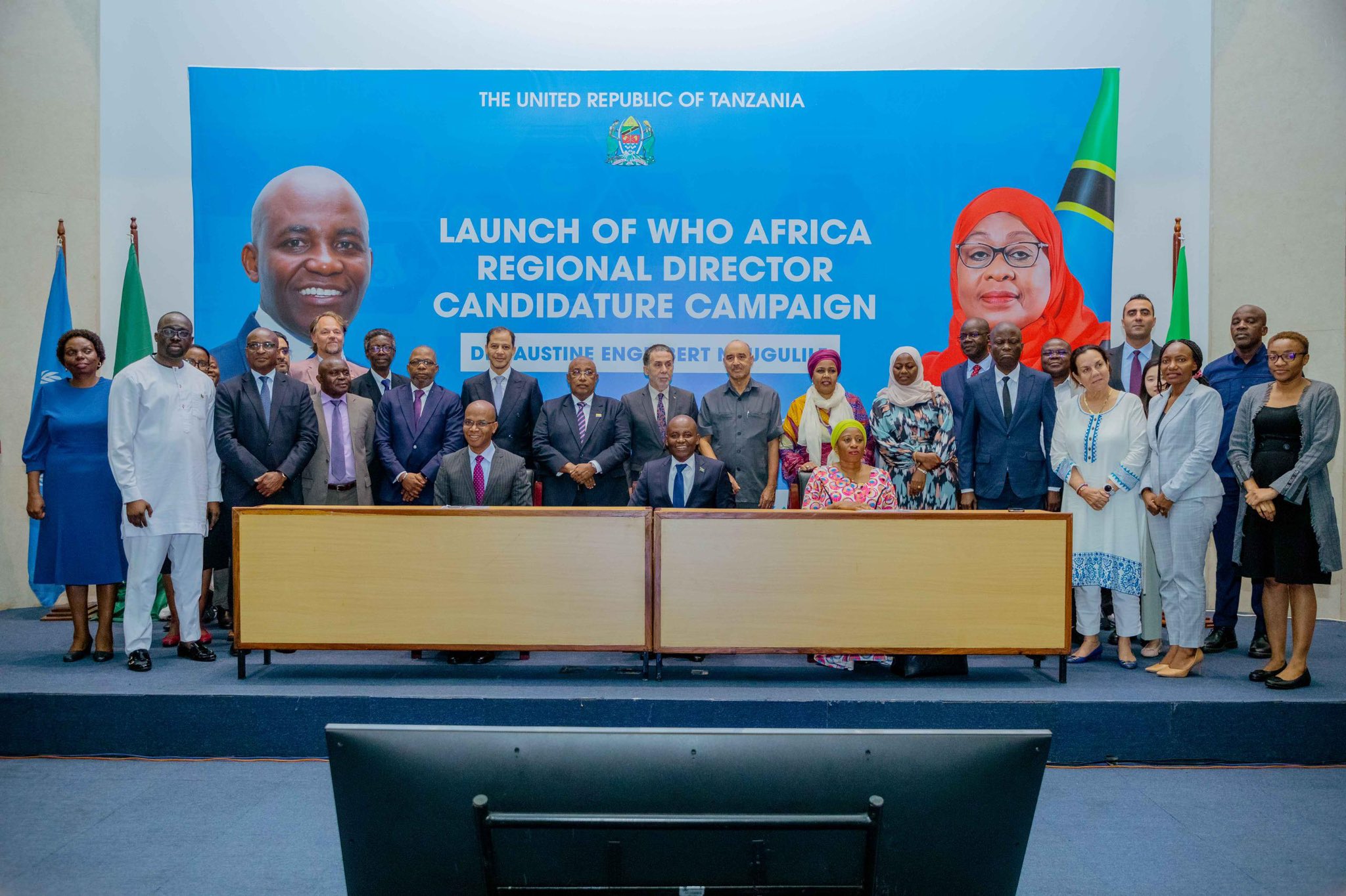
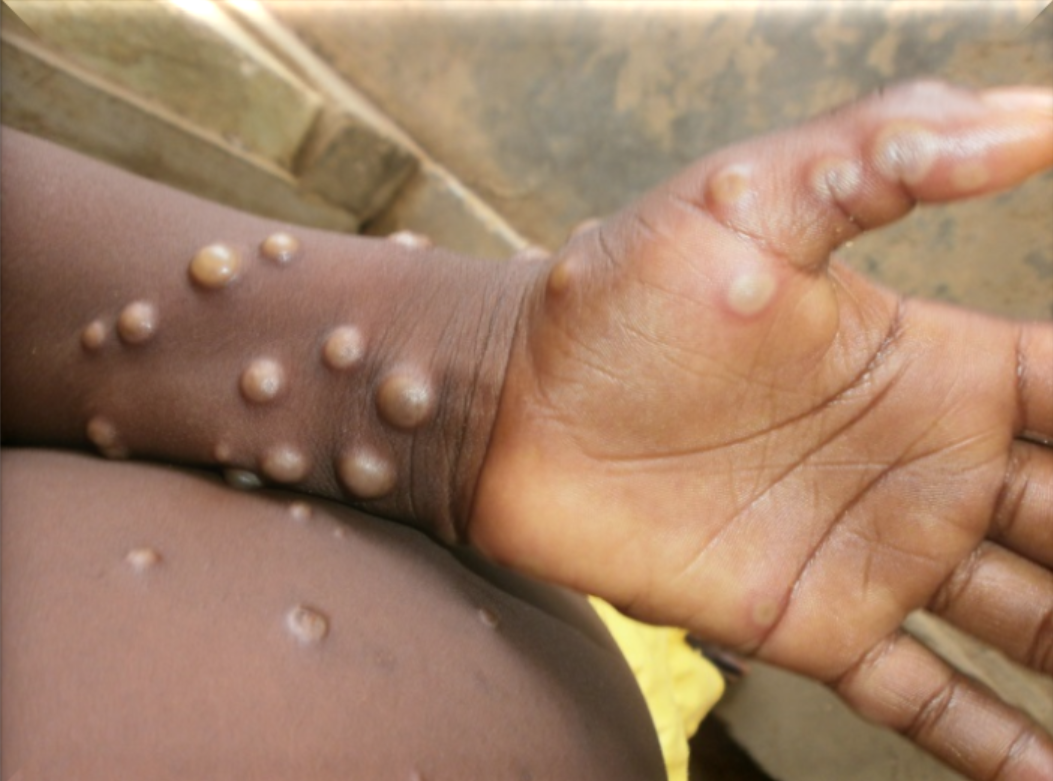
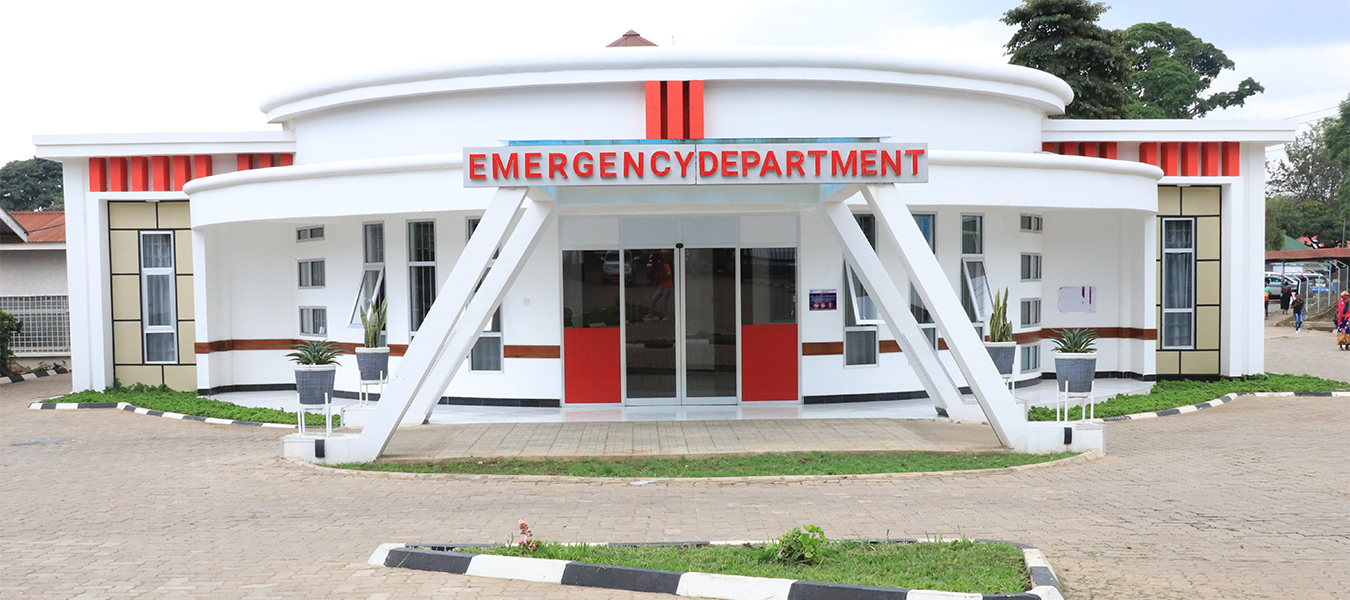
1 comment
Comments are closed.